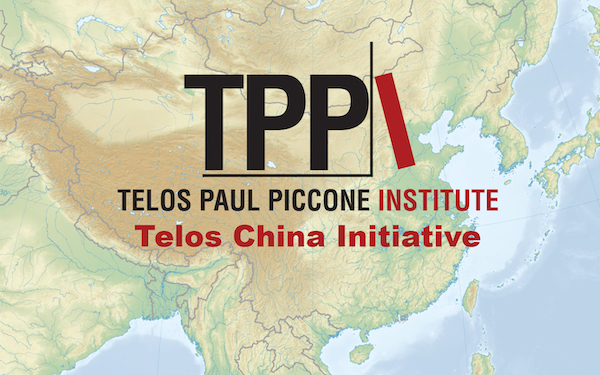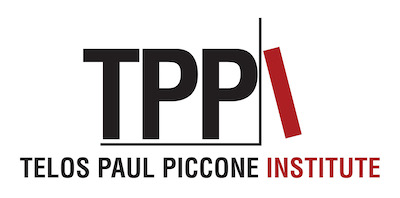Announcing a new Telos-Paul Piccone Institute webinar series, “China Keywords,” beginning Thursday, March 21, at 10 a.m. Eastern Time.
 Tipping our hat to Keywords: A Vocabulary of Culture and Society, by Raymond Williams, the Telos-Paul Piccone Institute announces its newest webinar series: “China Keywords.” Each webinar will introduce and explore a single concept essential for understanding contemporary Chinese social and political theory. The series will illuminate these concepts with an eye toward non-specialists in the West, while also addressing deep contestations of interest to experts in the field. “China Keywords” is part of TPPI's larger Telos China Initiative.
Tipping our hat to Keywords: A Vocabulary of Culture and Society, by Raymond Williams, the Telos-Paul Piccone Institute announces its newest webinar series: “China Keywords.” Each webinar will introduce and explore a single concept essential for understanding contemporary Chinese social and political theory. The series will illuminate these concepts with an eye toward non-specialists in the West, while also addressing deep contestations of interest to experts in the field. “China Keywords” is part of TPPI's larger Telos China Initiative.
First up in our series is tianxia, or “all-under-heaven.” The term functions as a shorthand for a tradition of Chinese world thinking, and it has been variously hailed by its supporters as the harbinger of global harmony and derided by its critics as an authoritarian Chinese ploy.
With us to discuss tianxia and its broader political contexts and implications will be Ban Wang and Ian Buruma. Ban Wang, who teaches at Stanford University, is a key scholarly interpreter of tianxia thought and Chinese socialist internationalism. His most recent book is China in the World: Culture, Politics, and World Vision (Duke University Press, 2022). Ian Buruma is a leading public intellectual, editor, and cultural historian who has published extensively on imperial legacies in China and Japan.
The webinar will feature 15-minute presentations by Buruma and Wang; a conversation between the two scholars; and audience Q&A.
Our moderator and the host of the China Keywords webinar series is Dutch sociologist Eric Hendriks, visiting fellow at the Danube Institute, whose research concerns the ideological tensions involved in China's integration in the global order. He previously worked at Peking University. His essay “The Polemics of China's Counter Cosmopolitanism” appeared in Telos 201 (Winter 2022).
Times: 7 a.m. Pacific Time; 8 a.m. Mountain Time; 9 a.m. Central Time; 10 a.m. Eastern Time; 14:00 Western European Time; 15:00 Central European Time; 16:00 Eastern European Time; and 22:00 in China. Please note that daylight savings time in the United States begins March 10, whereas it begins in Europe on March 31. The times listed here are accurate for March 21.




